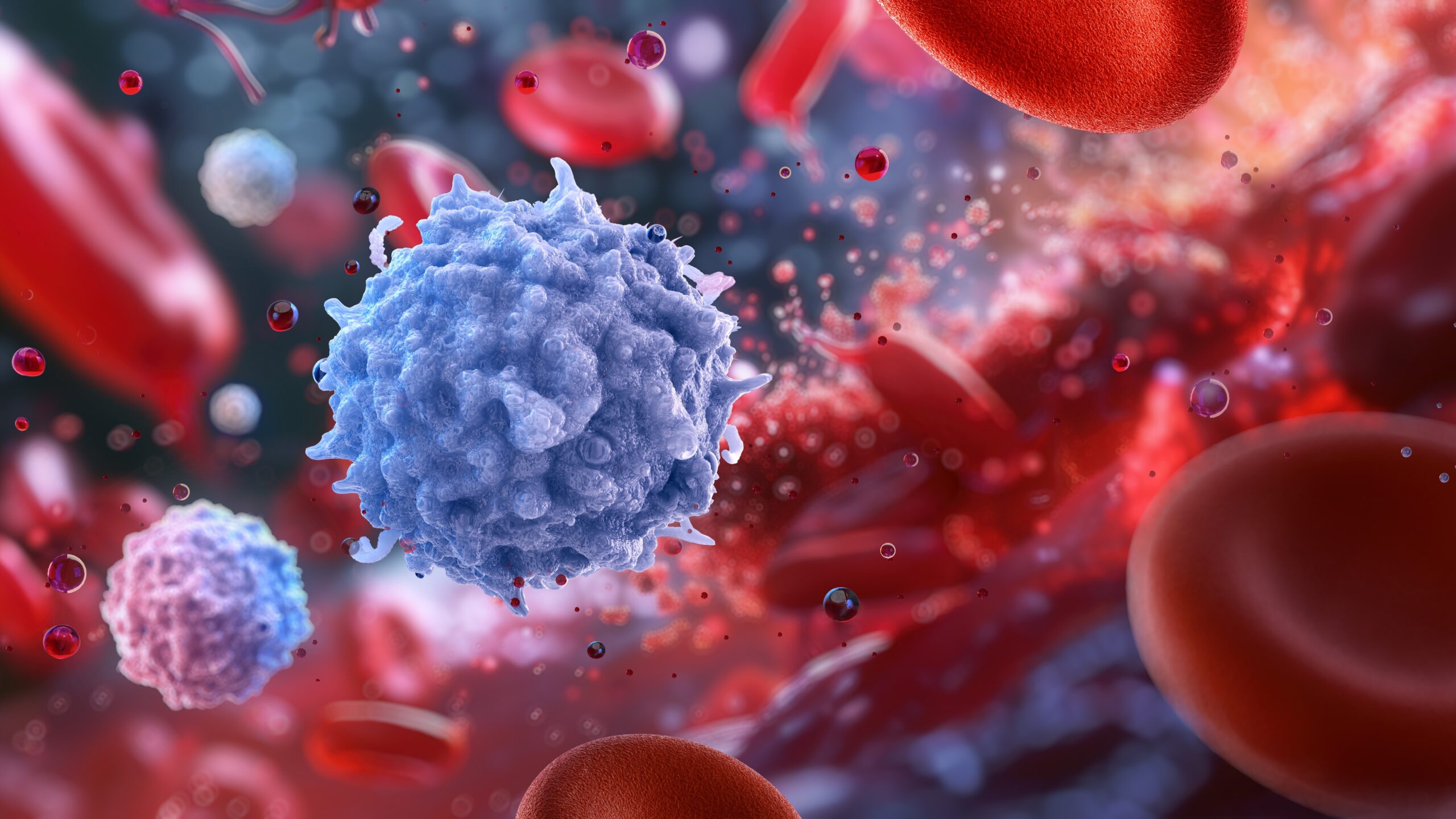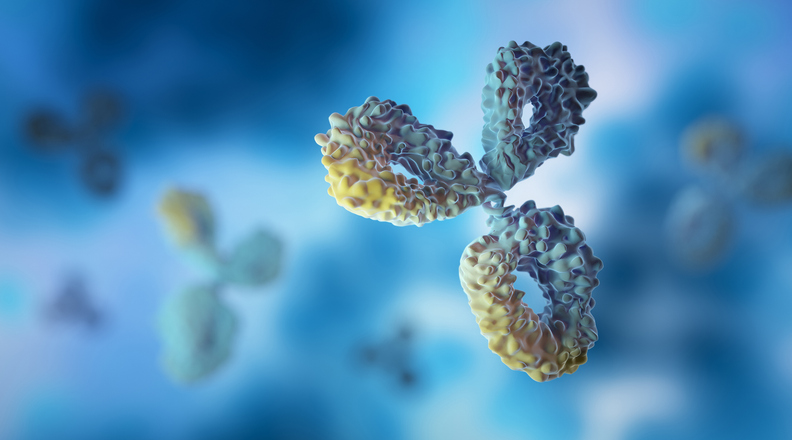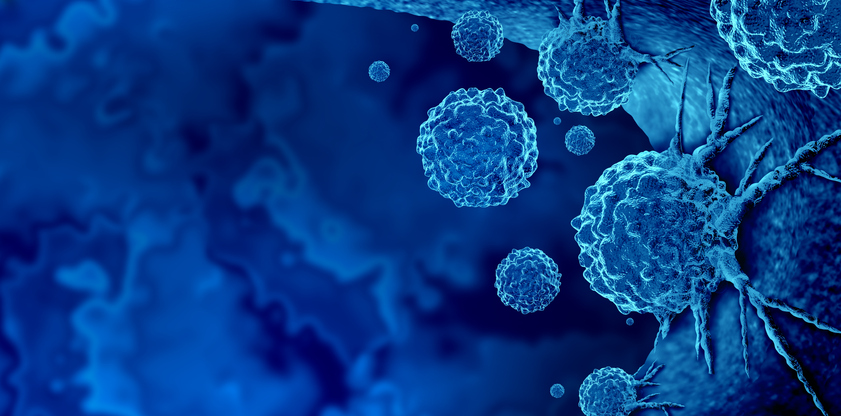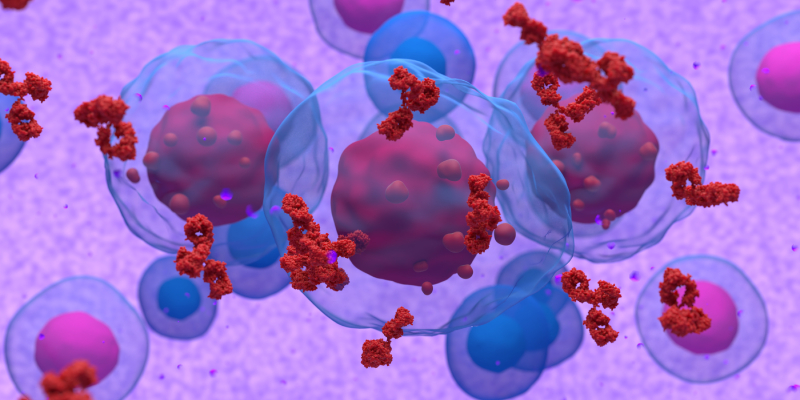
The use of selinexor, with various partner therapeutic agents, did not negatively affect overall survival (OS) outcomes seen with subsequent noncellular anti-BCMA therapies in patients with relapsed or refractory multiple myeloma (MM), according to a recent study.
The data were presented by Muhamed Baljevic, MD, of Vanderbilt University Medical Center in Nashville, Tennessee, at the 2023 American Society of Clinical Oncology Annual Meeting.
Treatments with novel mechanisms of action are being increasingly used to care for patients with relapsed or refractory MM. There have been emerging data suggesting a deleterious impact on T cell function with certain MM treatments, including alkylaters and proteasome inhibitors.
In this study, Dr. Baljevic and colleagues wanted to examine if selinexor-based treatment influenced T cell function or altered the efficacy of subsequent anti-BCMA therapies. To do that, they looked at outcomes in patients with MM treated in four clinical studies (STORM, STOMP, BOSTON, and XPORT-MM-028). In these studies, patients were treated with selinexor plus dexamethasone, with or without proteasome inhibitors, or anti-CD28 monoclonal antibodies, followed by therapy with anti-BCMA agents.
In all four studies, 724 patients received selinexor; 404 of these patients had documented post-selinexor therapy.
Thirty-seven of the 404 patients received anti-BCMA therapy after a selinexor regimen. These regimens included the antibody drug conjugate belantamab mafodotin (28 patients), the bispecific antibody teclistamab (two patients), the immunoglobulin G1 (IgG1) monoclonal anti-BCMA antibody SEA-BCMA (two patients), AMG 701 (one patient), elranatamab (1 patients), MEDI2228 (1 patient), and investigational therapies three patients).
Patients on the selinexor-based regimens had a median of five prior lines of therapy, and more than half (56.8%) had triple-class refractory MM; 21.6% had penta-refractory disease.
The median time from last dose of selinexor to anti-BCMA therapy was eight weeks. With a median follow-up of 7.8 months, the median OS from initiation of anti-BCMA therapy was 12.0 months.
According to Dr. Baljevic and colleagues, this OS was “akin to historical results seen with antibody drug conjugates.”
Reference
Baljevic M, Moreau P, Tuchman S, et al. Effectiveness of anti-B-cell maturation antigen (BCMA)-targeting therapy after selinexor treatment. Abstract #e20034. Presented at the 2023 American Society of Clinical Oncology Annual Meeting; June 2-6, 2023; Chicago, Illinois.






 © 2025 Mashup Media, LLC, a Formedics Property. All Rights Reserved.
© 2025 Mashup Media, LLC, a Formedics Property. All Rights Reserved.